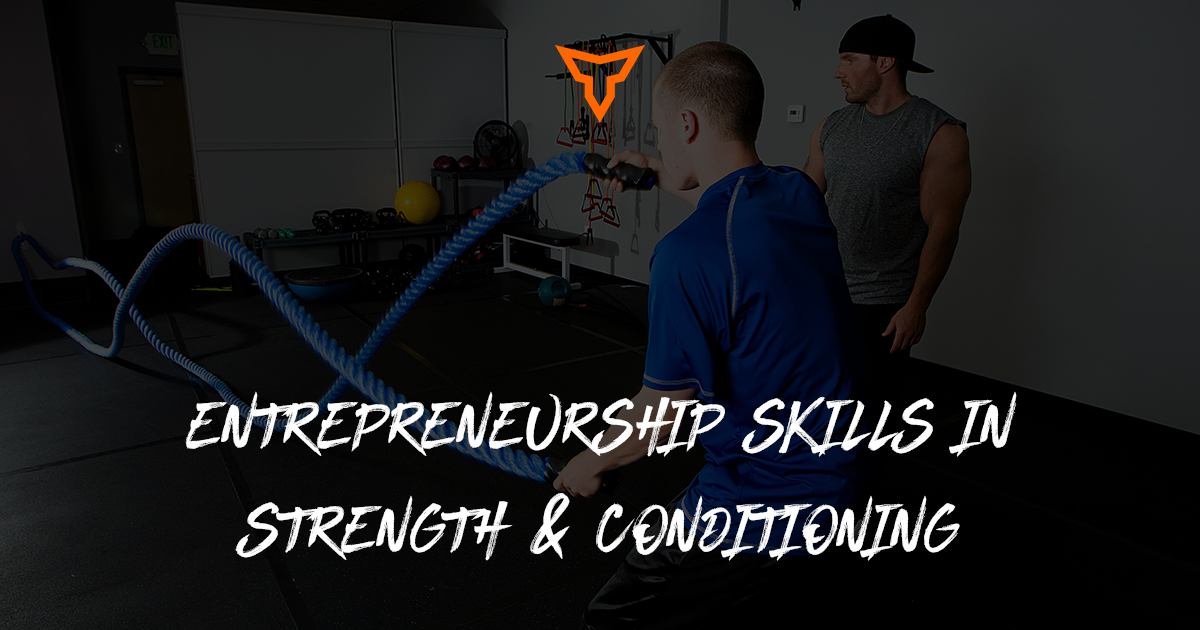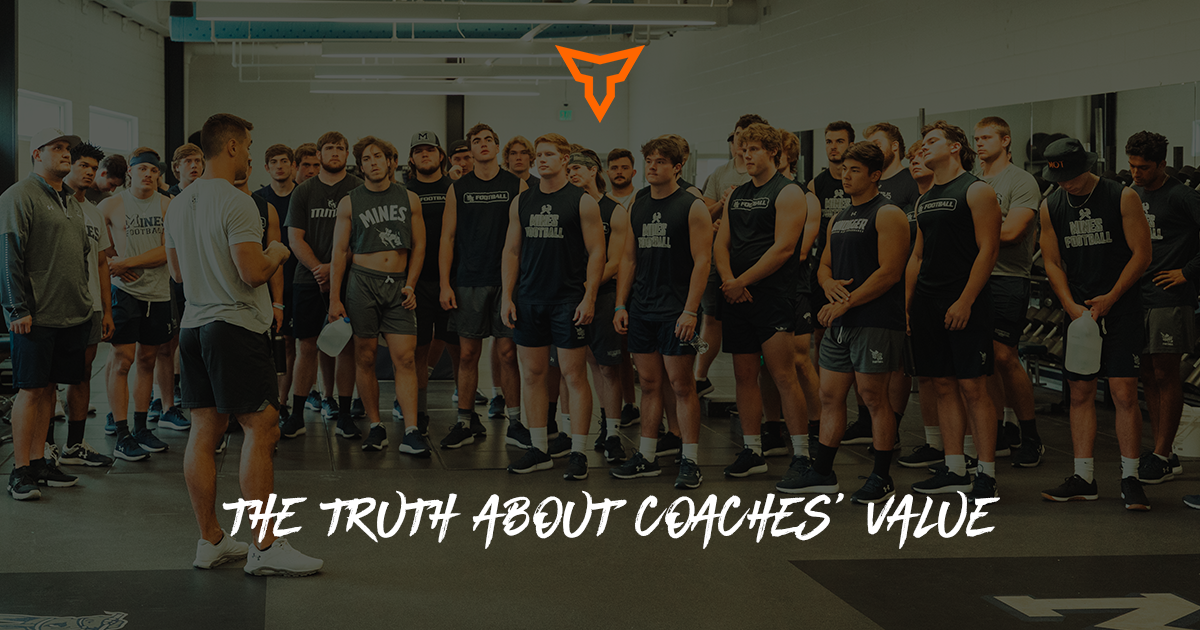20 Reasons the Perception of Strength Coaches is Changing
In the realm of sports, perceptions can be as crucial as the actual performance on the field. One profession that has faced its share of stereotypes and misconceptions is that of Strength and Conditioning Coaches. Often seen as the 'meat heads' of the sports world, these coaches have been associated with brute strength and brawn rather than finesse and expertise. However, in the age of sports science and technological integration, the perception of Strength and Conditioning Coaches is rapidly evolving, and they are emerging as indispensable pillars of athletic success. In this blog post, we will delve into the changing landscape of this profession, exploring how it's shedding its traditional image and ascending to new heights through professionalism, science-backed training methodologies, and relationship-building.
1. The 'Meat Head' Stereotype:
For years, the prevailing image of Strength and Conditioning Coaches has been one of muscle-bound individuals whose primary focus is lifting heavy weights. While physical prowess is undoubtedly a part of their role, reducing their expertise to mere brawn overlooks the multifaceted nature of their profession.
2. A Profession in Transition
Thanks to advancements in sports science and the integration of technology, the role of Strength and Conditioning Coaches has evolved into a complex and highly specialized field. They now use data-driven methodologies, biomechanical analysis, and nutrition science to tailor training programs to individual athletes.
3. Science and Technology Integration
The modern Strength and Conditioning Coach is well-versed in the latest scientific research and utilizes cutting-edge technology to optimize athlete performance. From wearable devices that monitor heart rate and movement to motion capture systems for biomechanical analysis, these professionals harness the power of data to design personalized training regimens.
4. Injury Reduction
One of the crucial roles of Strength and Conditioning Coaches is injury reduction. Through meticulous monitoring and analysis, they identify weaknesses and imbalances in athletes' bodies, addressing them before they become major issues.
5. Holistic Approach
Today's Strength and Conditioning Coaches understand that physical fitness goes hand-in-hand with mental and emotional well-being. They take a holistic approach, addressing not only physical strength but also mental resilience and emotional stability.
6. Professionalism
Elevating the perception of Strength and Conditioning Coaches begins with professionalism. These coaches must exhibit the highest standards of professionalism, including ethical conduct, continuing education, and adherence to best practices.
7. Education and Certification
Encouraging coaches to pursue relevant education and certification is essential. Credentials and qualifications bolster their credibility and demonstrate their commitment to excellence.
8. Communication Skills
Building relationships with athletes, coaches, and medical staff is pivotal. Effective communication fosters trust and cooperation, allowing coaches to better understand and address the unique needs of each athlete.
9. Collaboration
Strength and Conditioning Coaches must work closely with sports medicine professionals, nutritionists, and sports psychologists to provide comprehensive support to athletes. Collaboration enhances the overall athlete experience and performance.
10. Individualization
Recognizing that one-size-fits-all approaches are outdated, modern coaches tailor training programs to the specific needs and goals of each athlete. This personalized approach yields more significant results and challenges the 'meat head' stereotype.
11. Results-Driven
The shift towards results-driven training methodologies and measurable outcomes emphasizes the value that Strength and Conditioning Coaches bring to sports programs.
12. Community Engagement
Engaging with the broader athletic community can also help change perceptions. Coaches can participate in outreach programs, workshops, and seminars to showcase their expertise and build trust.
13. Ethical Conduct
Upholding ethical standards is paramount. Coaches must prioritize the well-being of athletes and maintain the highest levels of integrity in their profession.
14. Lifelong Learning
The field of sports science is constantly evolving. Coaches should embrace a mindset of lifelong learning to stay at the forefront of their profession.
15. Mentorship
Experienced coaches can mentor the next generation, imparting not only knowledge but also the importance of professionalism and relationship-building.
16. Professional Organizations
Joining and actively participating in professional organizations for Strength and Conditioning Coaches can provide opportunities for networking, education, and advocacy.
17. Research and Innovation
Encourage coaches to engage in research and innovation within their field, contributing to the body of knowledge and advancing the profession.
18. Performance Metrics
Continuously track and analyze the performance metrics of athletes. Demonstrable improvements are a testament to the effectiveness of Strength and Conditioning Coaches.
19. Athlete-Centered Approach
By putting athletes' needs and goals at the center of their practice, coaches can demonstrate their commitment to fostering success.
20. The Road Ahead
The transformation of the Strength and Conditioning Coach's role is ongoing. Embracing the profession's evolution and actively participating in its development is crucial to continuing to reshape perceptions and achieving excellence in athletic performance.
In conclusion, the evolving role of Strength and Conditioning Coaches is a testament to the power of progress, science, and professionalism. These dedicated professionals are not merely 'meat heads' but individuals at the forefront of optimizing athletic performance, using cutting-edge science, technology, and relationship-building to drive success. The path to changing perceptions and elevating this profession lies in continued education, collaboration, and a relentless commitment to the holistic well-being of athletes.
Subscribe to our blog
Subscribe to receive the latest blog posts to your inbox every week.
Related posts

Entrepreneurship Skills in Strength & Conditioning

The Truth About Coaches' Value


